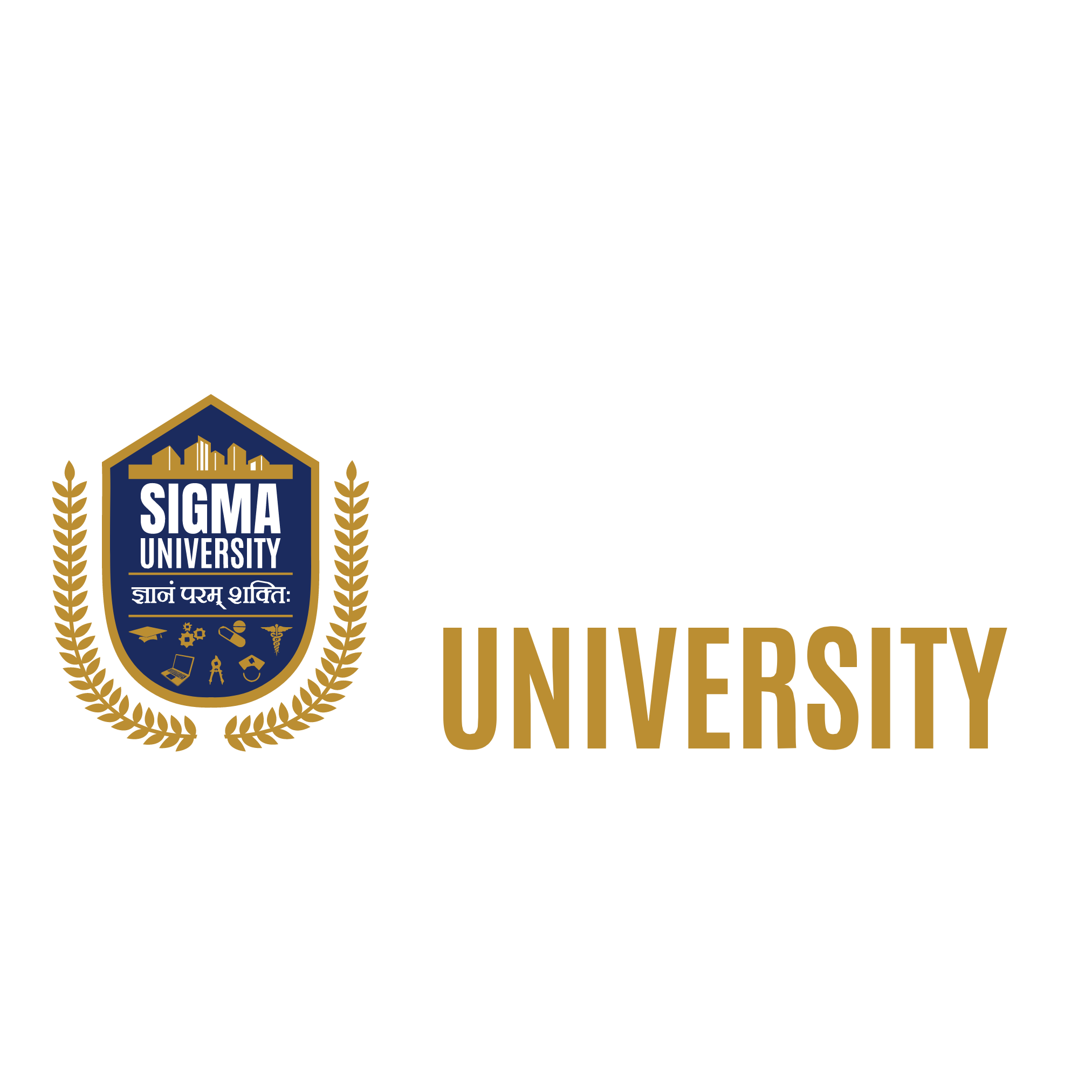Pursuing a Master in Business Administration course (MBA) can significantly enhance your career prospects in hotel management and open wide doors to a wide range of exciting career opportunities within the hospitality industry. This advanced degree equips professionals with an extensive understanding of business operations, strategic management, and leadership skills crucial in the hospitality industry.
Why Consider an MBA for a Hotel Management Career?
An MBA course in Hotel Management enhances leadership, financial, and strategic skills, opening doors to high-level roles in hospitality. Let’s take a look at the advantages of pursuing an MBA course:
Benefits of an MBA course in Hotel Management Services
- Strategic Insight: Develops the ability to formulate and implement strategies that enhance operational efficiency and profitability.
- Leadership Development: Cultivates leadership qualities essential for managing diverse teams and complex operations.
- Global Perspective: Provides an understanding of international markets, preparing professionals for global opportunities.
- Networking Opportunities: Facilitates connections with industry leaders, peers, and alumni, which can be invaluable for career advancement.
Key Hotel Manager Qualifications You Can Gain Through an MBA
Through an MBA course, professionals can acquire qualifications that are highly valued in the hospitality industry:
- Analytical Thinking: Enhances the ability to analyze market trends and financial data to make informed decisions.
- Problem-Solving: Equips professionals with methodologies to address challenges effectively.
- Effective Communication: Enhances verbal and written communication skills, which is essential for interacting with guests, staff, and stakeholders.
- Advanced Business Acumen: A deep understanding of business operations and financial management.
- Leadership and Team Management: Skills to lead teams effectively and manage human resources.
- Strategic Marketing: Expertise in developing marketing strategies to attract and retain customers.
The Role of MBA Course in Hotel Manager Training Programs
MBA courses play a crucial role in training hotel managers by providing:
- Comprehensive Curriculum: Courses covering all business and management aspects relevant to the hospitality industry.
- Practical Exposure: Opportunities for internships, projects, and case studies that offer real-world experience.
- Industry Interaction: Interactive with industry experts through seminars, workshops, and guest lectures.
Hotel Management Course After Graduation: Why MBA Stands Out?
Pursuing an MBA course after graduation distinguishes professionals by:
- Providing a Competitive Edge: An MBA signals a commitment to advanced learning and leadership.
- Offering Specialized Knowledge: Focuses on areas like finance, marketing, and strategy, which are beyond the typical hotel management curriculum.
- Enhancing Career Prospects: Opens doors for higher-level positions and increases earning potential.
Eligibility and Qualification for MBA in Hotel Management
To enroll in an MBA course with a focus on hotel management, candidates typically need the following:
- Educational Background: A bachelor’s degree in any discipline from a recognized university with a minimum aggregate of 50%.
- Entrance Exam Scores: Valid scores from national-level management entrance exams such as CAT, XAT, MAT, or GMAT.
- Work Experience: While not always mandatory, relevant work experience can be beneficial.
For instance, Sigma University in Vadodara requires applicants to have a bachelor’s degree with a minimum aggregate score of 50% and a valid score in a national-level management entrance exam.
How an MBA Prepares You for Leadership Roles in Hotel Management
An MBA course prepares professionals for leadership roles by:
- Developing Strategic Vision: Training in long-term planning and vision setting.
- Enhancing Decision-Making Skills: Providing tools to make informed and effective decisions.
- Building Financial Acumen: Teaching financial management and budgeting skills.
- Fostering Innovation: Encouraging creative problem-solving and adaptability.
Tips to Excel in Your Hotel Management Career
Achieving excellence in hotel management involves a combination of education, practical experience, and the cultivation of essential soft skills. Here are some strategies to help you thrive:
- Continuous Learning: Stay on top of industry trends by attending workshops and seminars and pursuing advanced certifications.
- Practical Exposure: Engage in internships and part-time roles to gain hands-on experience in various hotel operations departments.
- Networking: Build relationships with industry professionals, mentors, and peers to exchange knowledge and discover opportunities.
- Customer-Centric Approach: Prioritize guest satisfaction by honing your communication and interpersonal skills.
- Adaptability: Embrace flexibility to navigate the dynamic and fast-paced nature of the hospitality industry.
Networking in the Hospitality Industry
Networking is the foundation of success in hospitality. Cultivating a robust professional network can lead to career advancement, partnerships, and knowledge sharing.
- Industry Events: Participate in conferences, trade shows, and workshops to connect with industry leaders and stay informed about the latest developments.
- Professional Associations: Join organizations like the Federation of Hotel & Restaurant Associations of India (FHRAI) or international bodies like the International Hotel & Restaurant Association (IH&RA) to access resources and networking platforms.
- Alumni Networks: Leverage connections from your educational institutions to seek mentorship and career guidance.
Building meaningful relationships within the industry can open doors to new opportunities and provide valuable insights into best practices.
Staying Updated on Hotel Management Services Trends
The hospitality industry is dynamic, with emerging trends shaping guest expectations and operational strategies. Here are some tips to remain competitive:
- Digital Transformation: Embrace technology solutions like property management systems, mobile check-ins, and digital concierge services to enhance guest experiences.
- Sustainability: To appeal to environmentally conscious guests, implement eco-friendly practices, such as energy-efficient lighting and waste reduction programs.
- Personalization: Utilize data analytics to tailor services and offers to individual guest preferences.
- Health and Safety: Adopt rigorous hygiene protocols and communicate them transparently and effectively to reassure guests.
Mastering Hotel Manager Skills for a Bright Future
A successful career in hotel management is built upon a foundation of relevant qualifications, continuous upskilling, effective networking, and adaptability to industry trends. By committing to lifelong learning and staying attuned to the evolving landscape of hospitality, you can position yourself for leadership roles and a fulfilling career.
At Sigma University, we are dedicated to equipping our students with the knowledge and practical experience necessary to excel in the dynamic field of hotel management. Our programs are designed to foster the development of essential skills and provide opportunities for industry engagement.
FAQs
What are the benefits of an MBA course for a hotel management career?
An MBA enhances leadership, finance, and marketing skills, preparing you for higher managerial roles. It improves decision-making, broadens global exposure, and provides networking opportunities, giving you a competitive edge in the hospitality industry.
What qualifications do you need for an MBA course in hotel management?
You typically need a bachelor’s degree, valid entrance exam scores (CAT, MAT, GMAT), and sometimes work experience. Requirements vary, so check with your chosen institution.
Is an MBA course necessary for a successful hotel management career?
An MBA isn’t mandatory but boosts career growth by enhancing business acumen, strategic thinking, and leadership skills. It prepares you for senior management roles beyond operational positions.
Can I pursue an MBA course after a hotel management course?
Yes, an MBA after hotel management expands career prospects by adding business and leadership expertise. It helps transition from operational roles to senior management positions.
What skills do MBA courses provide for hotel management professionals?
MBA courses develop strategic thinking, leadership, financial management, marketing expertise, problem-solving, and communication skills. These abilities prepare professionals for high-level roles in the hospitality industry.



